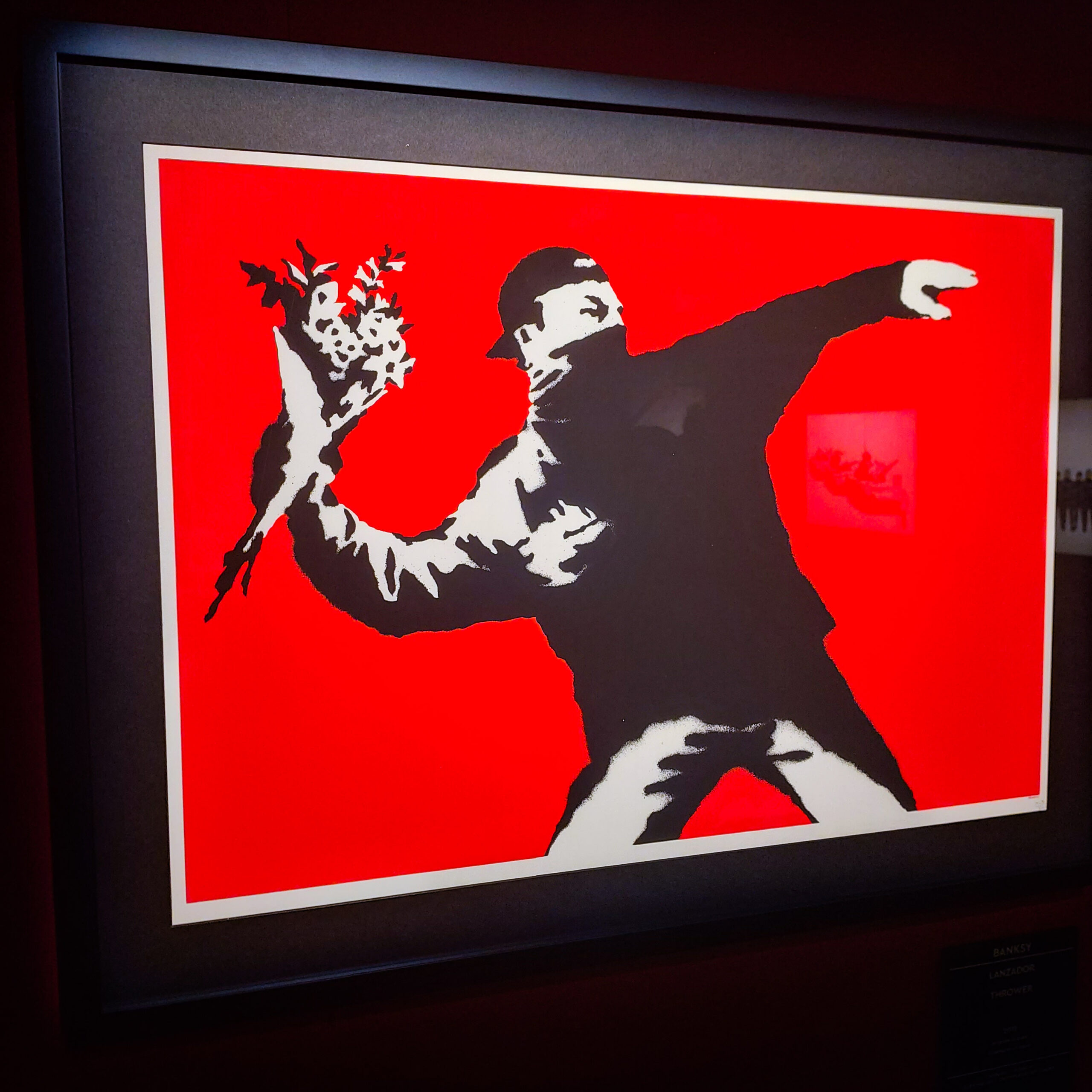Many are working from home, others have no work to go to. Some people, though, are key workers for society in the COVID-19 crisis and have to continue turning up in person.

Juan* works at the unit in charge of COVID-19 at a hospital in the localidad of Teusaquillo and has signed an NDA, which is why we’ve changed his name. He’s a respiratory nurse, so is very much at the forefront of Colombia’s medical response to the coronavirus crisis and says he’s under a lot of pressure. “I am a little stressed and worried; I won’t deny it, because COVID-19 patients at the hospital where I work have passed away, something which has me thinking about my parents, my family, and my friends in general. I am afraid to see people die en masse.”
He says the quarantine might be difficult, but that it’s necessary for medical workers in coronavirus times. “If we don’t keep the preventative measures and the quarantine, we’ll have an increase in infections and in morbidities and mortality.”
Juan says that things so far are not as bad as some have feared. “The hospital occupancy has not reached the 80 ICU beds it has available for COVID-19 cases. There are currently 15 patients with the virus at the hospital: Half of those cases have complications, but I can say we don’t feel like the service has collapsed yet.”
Professionalism is a watchword, and he explains that there are protocols in place to enter and leave the hospital premises. “We must take a shower at the end of every shift, and before leaving the building, we also have in-hospital isolation protocols, and protocols to handle patients.”
There have been complaints about the provision of Personal Protective Equipment (PPE) for medical workers dealing with coronavirus in some parts of the country, but Juan says that’s not an issue for his team. “I have everything: surgical scrubs, caps, masks, overshoes, white protective suit, surgical suit, scrub cap, overshoes, goggles, face mask, N95 masks, skin shield sterile gloves, and other gloves to wear over the skin shields according to procedure.”
However, his team is somewhat privileged. “I started working in this hospital 20 days ago, and it has been a relief knowing there is PPE available, compared to the hospital where I worked before, which had very poor work conditions concerning PPE biosafety protocols.” As he explains, the situation isn’t the same for everyone in the hospital. “There are lots of other health workers and cleaning staff who don’t have one single biosafety item at hand. It should be the responsibility of the ARL [Work-related risk management companies], but they have not been present in the two months of the health emergency. The government has not yet stepped in.”
He’s clearly angry at the way the government have managed the medical situation when dealing with coronavirus. “They have made decisions that only benefit the wealthy, and I’ll say bluntly, without mincing my words: the problem in Colombia is this neoliberal system, where economy and mercantilism come before politics, and what’s worse, health. Resources are poorly distributed, and that without mentioning the dreadful corruption cases in the midst of the crisis.”
There have been plenty of stories floating around social media featuring abuse against medical workers treating coronavirus, but Juan says that hasn’t been an issue for him. “I haven’t been discriminated against, I’ve received a lot of support from my family, friends, and [people] in my social networks. However, I have sensed the fear people have when we use public transport. I have not been treated badly, though, I have not been rejected or attacked, I only hope people keep being tolerant.”
Looking forward to the coming weeks, he’s sympathetic to the pressures that many are under. “I think the quarantine should be extended, but that’s difficult because of the economic and social crisis this may generate; this is a set of situations which should be taken into account and exert control as a society and in the communities.” He recommends following and fully understanding the preventative and quarantine measures and to get information from reliable medical sources when dealing with coronavirus.
To conclude the interview, he makes an impassioned call. “The health emergency is not the root problem; the root problem is this opportunistic, unfair, and corrupt government. We need to demand education and health services, and that we must change our mindset, that means that demanding these services is not synonymous to having a socialist or communist thinking. This is not only about politics, this is about being logical, this is about social cohesiveness. I think this is the least I can share from myself, and from my profession. Thank you, and I hope my words have the ability to stir some thinking and encourage reflection.”
*name has been changed to protect his identity
Translation by Ángela Forero-Aponte





